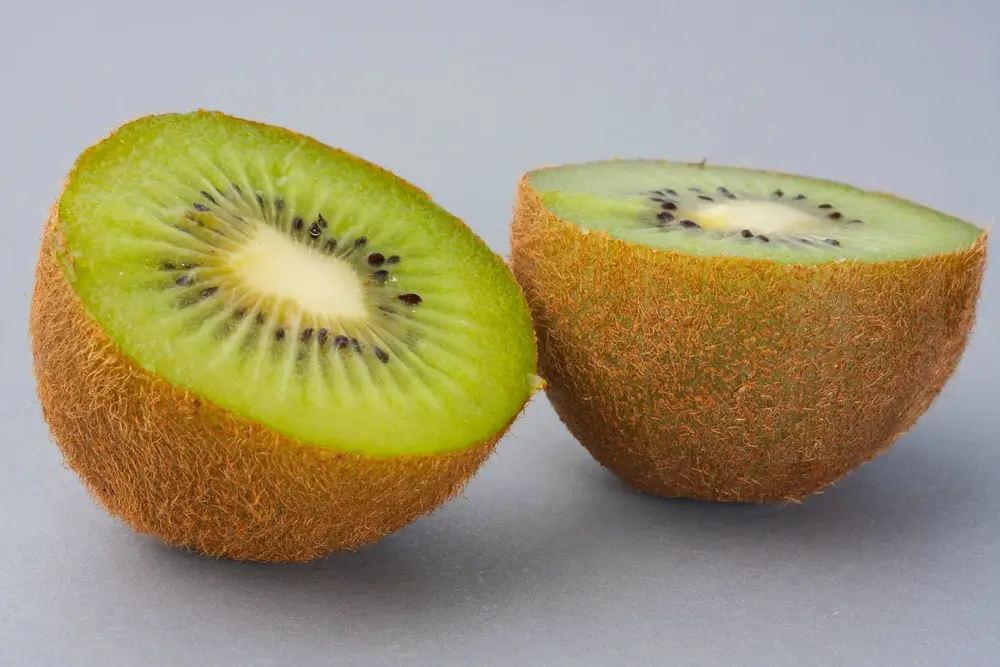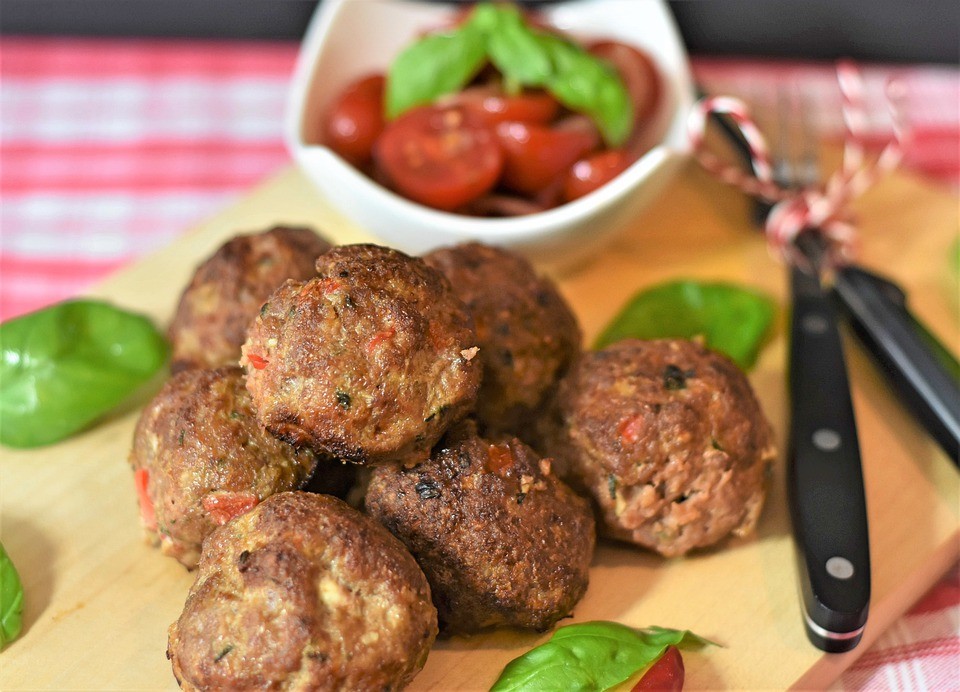No matter your physical activity, there is always a chance of injury. If you push your body too far, use inappropriate techniques or have a lot of physical contact in a sport, it’s possible you can face injuries like torn ligaments and muscle strains. Soft tissue like muscles, tendons, ligaments and fascia immediately swell and signal soreness quickly to the body. When you feel pain, it is safe to say something is wrong.
Luckily, your body can heal quickly if the proper steps are taken. Here is how to speed up soft tissue healing with food.
Your Body and Injury
A natural part of the healing process is producing inflammation, even though it challenges the immune system. Your immune system depends on nutrients, vitamins, minerals and an overall nourishing diet to provide protection. When you get injured, your body signals a response to the immune system to start a chain of reactions to begin healing.
Special cells will eventually attack where you’re injured to start healing. They will destroy the infection or bacteria while isolating the area. Healthy cells will become active and rebuild the damaged tissue, so good nutrition is essential. Your food choices affect whether it helps or hurts the recovery process.
Utilize Your Diet for Fast Recovery
Many foods like fruits, vegetables, healthy fats and protein have been shown to promote healing and fuel recovery. The foods and drinks you consume are essential to consider while your body recovers.
Although doctors can prescribe medications like opioids for the pain, they don’t help the processing speed up. A study shows that 71% of people misused opioids during their NFL career when prescribed. Staying on top of your nutrients is best to ensure you have the energy you need to get through the injury.
1. Essential Fatty Acids
Omega 3s are good for helping with anti-inflammatory properties. Essential fatty acids are necessary to consume because our bodies cannot produce them and they play a vital role in your system’s functions. Omega 3s fight inflammation which can help you get through the pain and swelling from the injury.
Although inflammation is a natural response, having nutrients to speed up recovery can help you get through it. Foods packed with essential fatty acids are oily fish like salmon, avocados, nuts, seeds and leafy greens.
2. Protein
The importance of protein is continuously stressed since your body depends on it for replacing damaged cells. Your digestive enzymes break down protein into amino acids to repair the worn-out tissue. Like fatty acids, your body can’t produce these building blocks on its own, so you need a diet that needs to be full of them.
Consuming protein in every meal is best rather than eating large amounts at once. Daily protein helps balance blood sugar levels and determines the degree of swelling around the area. Eating a high-protein breakfast will start your day off right and give you more variety for adding protein sources.
Protein options include fish, eggs, chicken, oats, lentils, beans and quinoa.
3. Vitamin C
Vitamin C is an essential nutrient to repair connective tissue and boost energy. The hypothalamus pituitary adrenal axis is a system that acts as a stress response. It releases hormones like cortisol which accelerate swelling through a stress load. Stress, whether it is physical or emotional, can create a vitamin C deficiency.
Tissue damage raises your stress, so your body is in demand for this vitamin. You will want to consume foods rich in this nutrient, such as oranges and kiwi. Your body can regulate the vitamin C levels it needs and dispose of any excess.
4. Vitamin D
Vitamin D does many crucial things for regulating the body. Your body can produce it, but you need to get enough sunlight to produce the amount you need. Certain times of the year are less favorable for getting the sunlight you need.
You can get vitamin D from oily fish and egg yolks when sunlight is unavailable. There are limited dietary sources, so supplements could also be an option for getting this vitamin.
5. Magnesium
Magnesium is good for relaxing muscles and the nervous system. Common deficiency symptoms include headaches, muscle strains, mood swings and constipation. It helps heal by working together with other enzymes in your body. You can get magnesium from almonds, spinach, peanuts and rolled oats.
6. Cut Out Sugar
Sugar is one of the worst things you can consume if you have an injury. Sugary foods and drinks cause inflammation since your blood sugar levels increase. It can also deplete other essential vitamins and minerals, such as vitamin C and zinc. Instead of sugary snacks, try something that has protein since it won’t spike your sugar levels.
The Bottom Line
Your diet plays a significant role in how quickly your soft tissue recovers. If you want to get through an injury as fast as possible, consider eating high protein, vitamins and minerals and cutting out sugar for the best results. Aside from your diet, get plenty of rest and stay hydrated for optimal healing.





